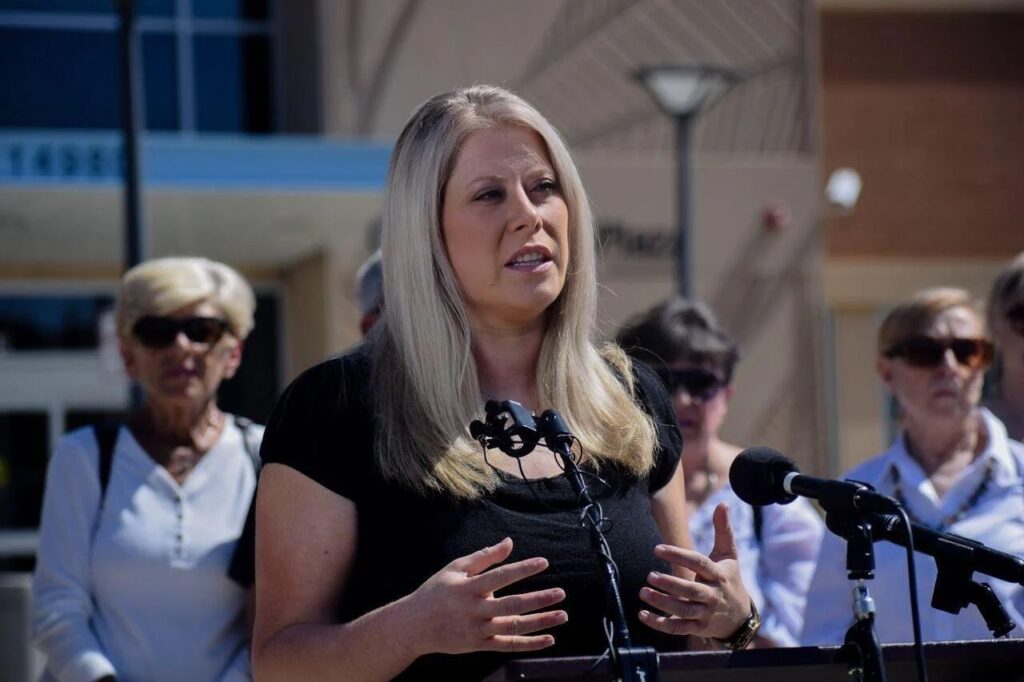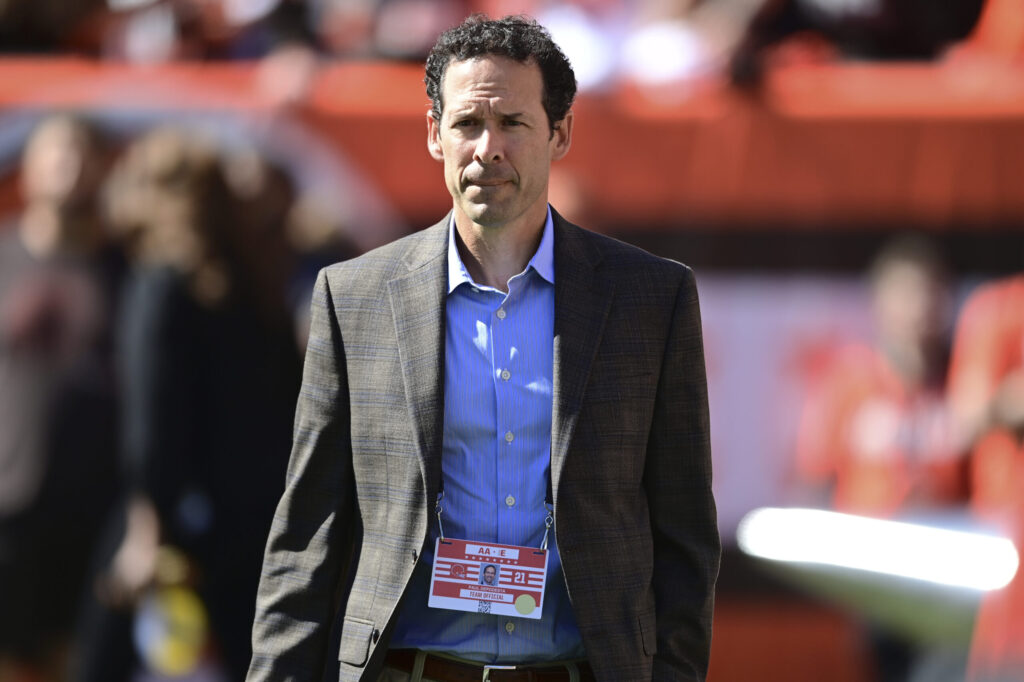Auditors find ‘eligibility risks’ in Denver’s $152 million health care plan for city staff

stock image
Denver auditors found that the Office of Human Resources needs better enrollment oversight over the eligibility of city employees receiving its tax-driven health care plans.
Denver contracts with UnitedHealthcare and Kaiser Permanente insurance companies for its self-funded health care plans. Its insurance plan covers over 20,000 current or retired city employees, and their designated dependents.
The Denver City Council on Monday approved adding $85 million to its contract with UnitedHealthcare, extending both parties’ agreement until the end of 2025. Kaiser’s contract, which expires at the end of this year, costs the city $67 million.
Monday’s City Council approval adds up to a total of $152 million the city is currently paying for health insurance plans, the Office of Human Resources confirmed with The Denver Gazette on Tuesday.
A rough estimate based on 20,000 health care plans would have taxpayers paying roughly $7,600 per plan participant.
Denver’s self-funded health care plan with UnitedHealthcare dates to 2020. Under the self-funded plan, employees submit medical claims for the city to pay for.
Self-funded plans are less expensive than some options and are used by many U.S. cities, but such a plan “comes with additional administrative work and additional risk,” a Denver auditor’s news release on Tuesday said.
Spending money to make sure all city-provided health care recipients are eligible for the plan would end up saving taxpayer dollars, auditors said.
Particularly, auditors focused on determining dependent eligibility.
Auditors said the Office of Human Resources isn’t following up on whether a dependent’s eligibility “remains true over the years,” the release said.
The Office of Human Resources, tasked with overseeing city insurance coverage, told auditors they “found the process of auditing dependents difficult to manage,” according to the auditor’s release.
A spokesperson with human resources said the department conducts internal audits to verify “the eligibility of dependents at the time of enrollment.”
“We plan to audit dependent eligibility in 2024,” the spokesperson said, adding Denver auditors “did not find any unqualified individuals enrolled in the city’s benefits plans.”
Human Resource’s latest internal audit came in 2017, according to the department. Either the department hires a third party auditor or they conduct it themselves.
Lack of oversight could contribute to higher or lower costs for insurance plans, which “will land on City and County of Denver employees, who must pay potentially higher insurance premiums for the self-funded plan,” the auditor’s release said.
Human resources agreed to implement all seven recommendations by auditors to submit documents showing its enrollment process, according to both auditors and the human resources department.
“When the city took on the responsibility of funding its own health insurance plan, it also took on the responsibility of saving taxpayers and employees as much money as possible while still offering reliable coverage,” Auditor Timothy O’Brien said in a statement.
He added: “In order for Denver to keep being a great place to work, thorough oversight and administration of the self-funded health plan is essential.”















